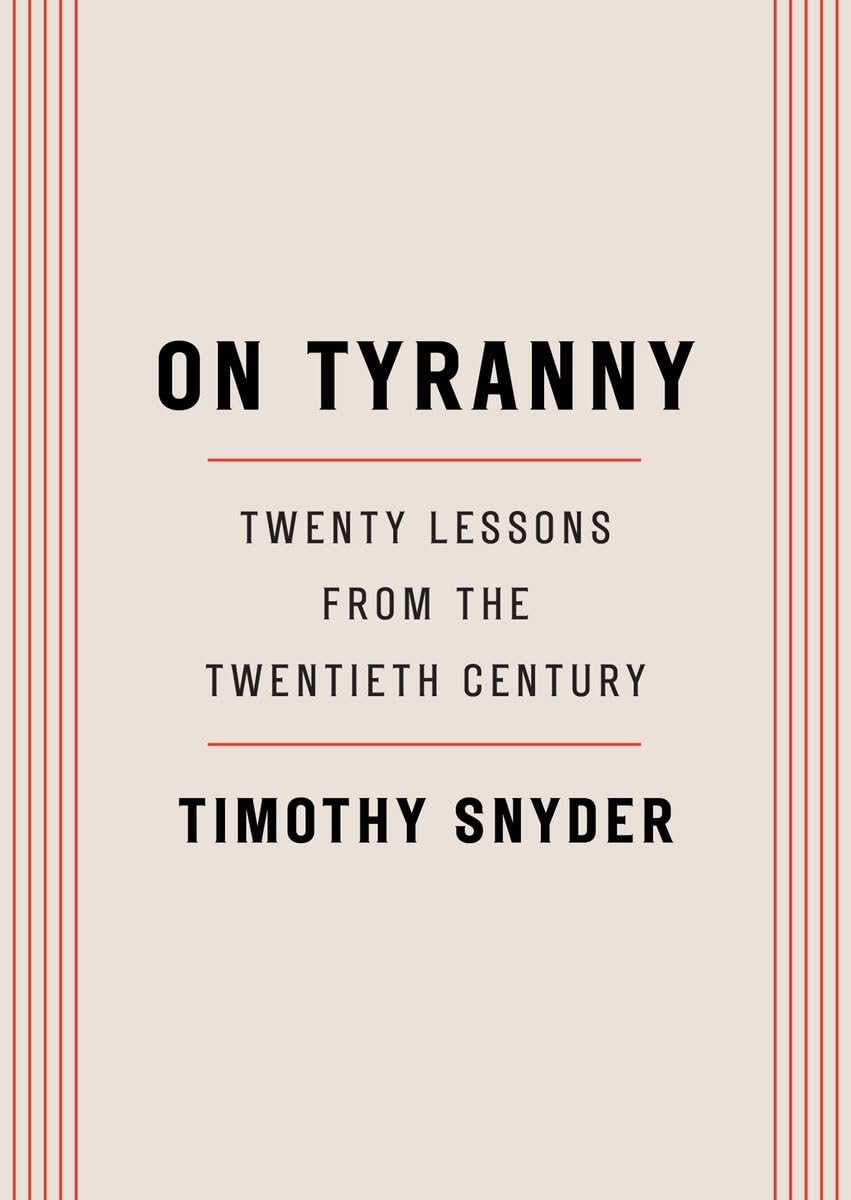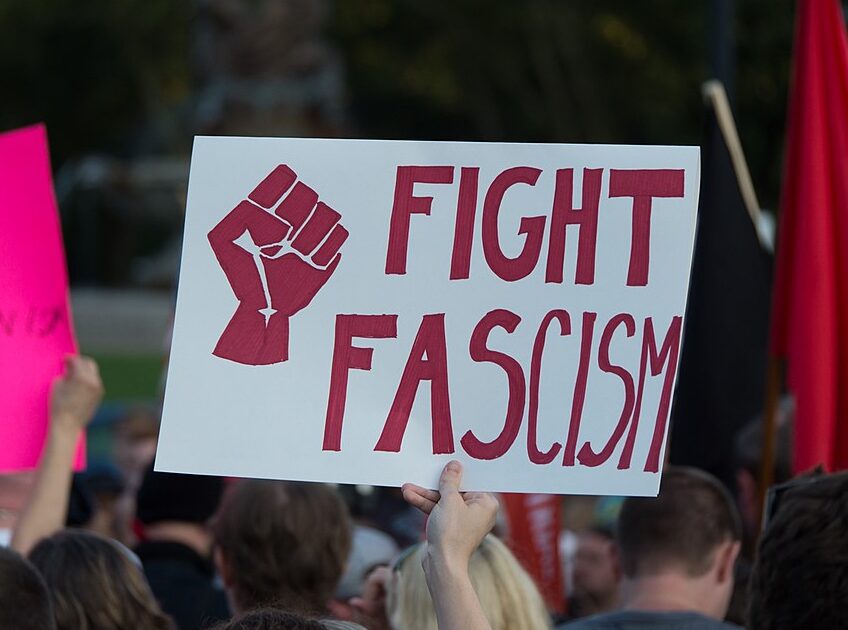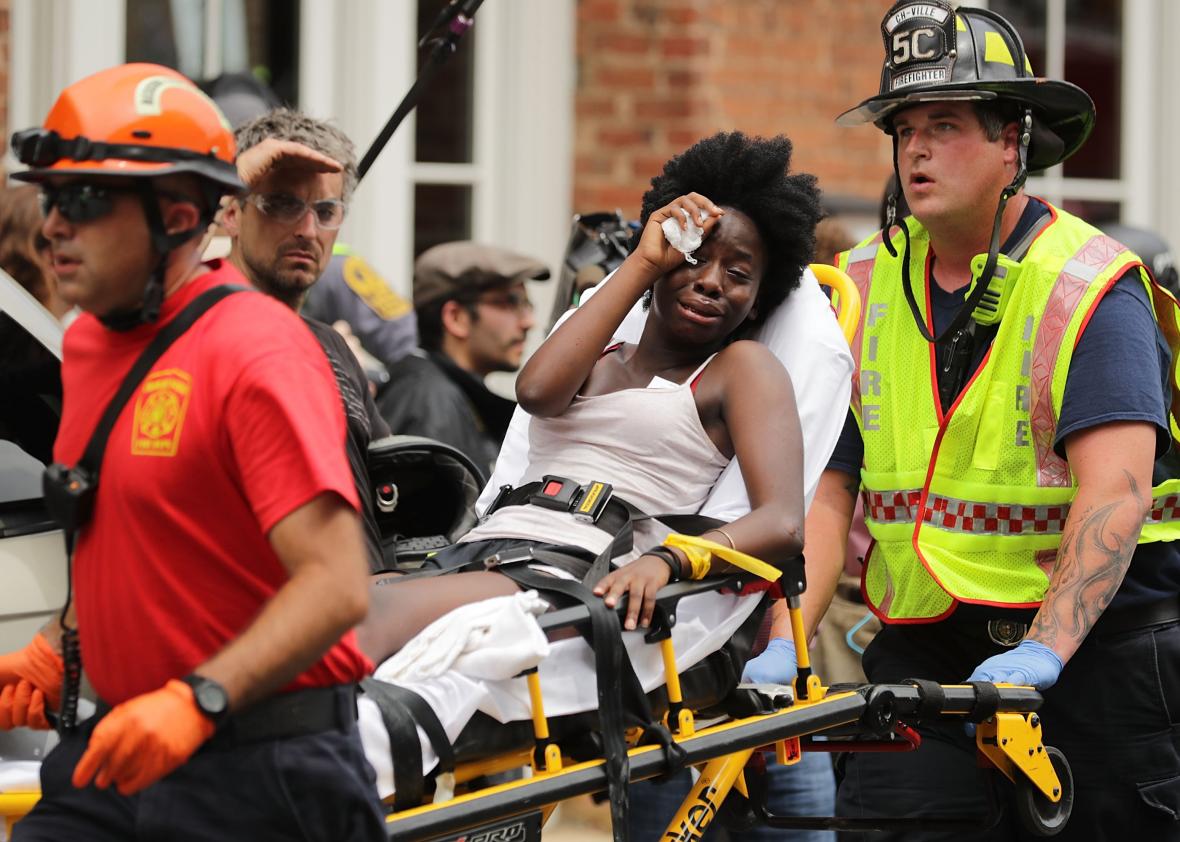As a student pastor, I’ll never forget those scary firsts:
Getting a call about a church member in the hospital and rushing to the ER. The man’s wife came to get me and explained to the staff, “Our pastor is here” and I had to consciously command my neck not to swivel in search of a pastor, but instead to nod as though I understood that she meant me. I made my way back to the curtained area where a big man was lying on a too-small gurney. He lowered the oxygen mask and, when I leaned closer he whispered, “I figured you could use the practice.”
Or the call from a beloved church leader that the doctor had just confirmed a stage four cancer diagnosis. I remember driving and sitting in my car outside his house wondering what in the world I could possibly do or say that would be remotely helpful.
In that moment, the words of my pastoral care professor–“90% of ministry is just showing up”–gave me courage to put my hand on the car door handle, propelling myself into the unknown. Ideally, I would have been thinking, “I trust that God is there and will meet us in this moment.” In reality, I was thinking, “I can live with an A-”

I thought of that 90% rule many times during my 15 years of pastoral ministry. I thought of it again as I (like many of you) read Timothy Snyder’s book On Tyranny: 20 Lessons from the 20th Century. In Lesson Thirteen, entitled: Practice Corporeal Politics, he writes,
Power wants your body softening in your chair and your emotions dissipating on the screen. Get outside. Put your body in unfamiliar places with unfamiliar people. Make new friends and march with them.
Here he reiterates a theme from other parts of the book: you don’t have to agree with everyone about everything to be able to work with some people on something.
When we protest for democracy, our goal is far more foundational than preferred policy prescriptions. Our goal is seeing and respecting one another’s humanity so that we can disagree about policy without killing each other. “People must find themselves in places that are not their homes and among groups that were not previously their friends.” In other words, “90% of protest is just showing up.”
The problem with–or, alternatively, the purpose of–corporeal politics is that it messes with the tidy categories we cultivate by watching our preferred news channel, worshipping in echo chambers, and cultivating convenient lives unbothered by difference.

I felt this acutely in 2017 when I answered the call to serve as a clergy counter-protestor during the Unite the Right Rally in Charlottesville, Virginia. The clergy who showed up came from across the Christian denominational spectrum and beyond. Rabbis, Imams and Wiccans–oh my! Then these diverse religious leaders stood shoulder to shoulder, making common cause with Antifa activists and not a few anarchists.
“Put your body in unfamiliar places with unfamiliar people. Make new friends and march with them.“ Check.
A lot of things shifted in me on that sweltering August Saturday in Charlottesville, but at least one was that all my notions of “us” and “them” were upended. Not just toward those with whom I was making unaccustomed common cause, but also toward those I was there to oppose.
As we stood there, middle-aged men cosplaying in full tactical gear took up their positions behind the vanguard of Confederate flags and swastikas. Tidy young men in khakis and polo shirts piled out of the backs of pick-up trucks. In a flash, I saw these young men as they might have looked 10 or 15 years earlier, eagerly sitting criss-cross-applesauce on a rug in a musty basement Sunday School classroom singing “Jesus loves the little children, all the children of the world.” I saw the grown men, tactical gear traded for suits and ties, passing the collection baskets in church with nary a concern that their Saturday hobby of white supremacy was incongruent with their Sunday habit of worshipping a brown, Jewish Jesus.
But I also watched a young activist–who had no doubt recently read Nietzsche for the first time and so now perfectly understood the world–scold an elderly African-American clergyman for choosing a nonviolent response in a verbal altercation with white supremacists, blind to the irony that the pastor was treating him with the same principled patience in that moment.

I watched medics patching up superficial wounds, regardless of “sides.” I ducked through the crowds, handing out water to anyone who reached for it. Because humans need to drink water. Especially on hot days. And every last person I met that day was human.
As I recall, he-who-shall-not-be-named observed that there were “very fine people on both sides” that day.
He was wrong about that, of course, but not because the people on one side were good and the people on the other side were bad. Informed by both my Calvinist conviction and my experience, I’d prefer to say there were broken people in need of redemption on both sides that day. Perhaps it is sufficient to say there were people on both sides.
All of us are walking wounded. Pain, when not tended properly, metastasizes into hate toward people we don’t know, who are easy to blame for whatever is wrong in us. Sometimes, that pain is twisted, operationalized by ideologies that create an “us” and a “them.” I am just as vulnerable to this fault and just as needy of redemption from it as anyone else I met that day.
All of this brings me back around to Timothy Snyder’s explanation of corporeal politics as a gloss for Christ’s own life and ministry: “People must find themselves in places that are not their homes and among groups that were not previously their friends.”
Seeing our brokenness, the ideologies tempting and twisting every last one of us, God in heaven refused to accept the inevitability of “us” vs. “them.” God made a rescue plan contingent upon showing up.


5 Responses
Wow, thank you for this powerful reflection, Meg.
This is helpful. I have always felt awkward and self-conscious at demonstrations, and I can never get into the shouting and chanting. And I’ve always distrusted the collar, and never worn mine, as if the church sided with one side over the other. But if I’m their as pastor to everyone, not so prophetically but more priestly, like a military chaplain, then I can see it. And even that is a kind of prophecy, isn’t it.
I have recently aligned myself with a group that makes me uneasy in their “out-thereness”. They are as bold as Paul and Silas but exercise just a smidgen of care; like a careful dance. I’m along for the lessons. With all my lifelong lessons from the Reformed tradition, I finally get to do “reformation”. I agree with Daniel Meeter about being pastor/friend to everyone, but that’s the final push that propels us forward to do the scary work of standing up and out.
When members of my generation (War Babies) demonstrated against the Vietnam War and for Civil Rights laws, we marched along side and worked with people of all faiths, and many political positions. We opposed the same groups, which still exist. These centered around white supremacy denying people the vote.
I’m sorry to say these same goons are back. What really scares me is that many of them seem to be in the ICE national police force. We never had to face a thuggish national police force.
Thanks Meg.
As I read this again, I am struck by the inner struggle of conscience. How am I representing my God? Is ” Christian” a political identity or an allegiance to Christ? Is “patriotic” an option in the face of atrocities? Can I be associated with the hijacked title of Christian?
Perhaps in WW II the impetus for military idolatry and superiority was saving ourselves and the world from an evil empire. Now it is unashamedly for the purpose of economic superiority. Blind allegiance and silence, the marks of the church.